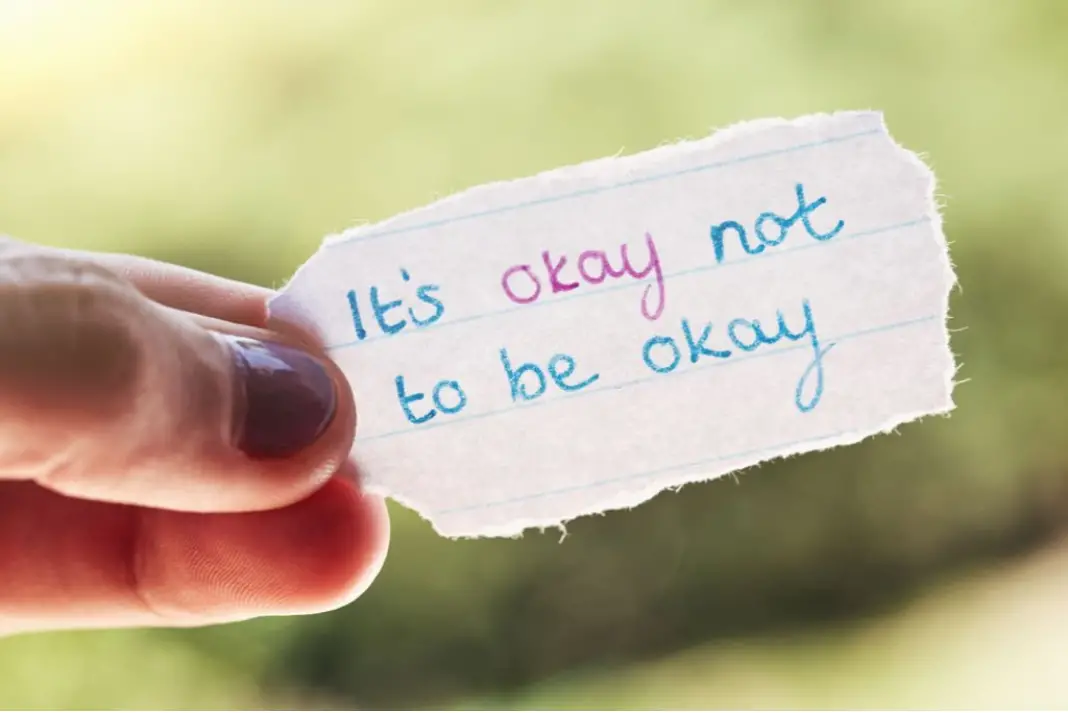Cognitive behavioral therapy or CBT is a type of evidence-based talk therapy found to be an effective and helpful form of treatment for teenagers.
Psychologists and therapists use CBT to help improve the awareness of teens of their negative or irrational thoughts. This will help them have a clearer perspective of situations so they can process and healthily respond to them.
Using CBT as an intervention for teens is one of the most powerful aspects of an integrated treatment plan for mental health disorders among this particular age group. CBT can also help address eating disorders, substance abuse, anxiety, PTSD, and depression.
Teens can also take advantage of CBT even if they don’t suffer from any mental health disorder. With CBT activities, teens can form and develop healthier habits that can serve as their support as they grow and become young adults.
Table of Contents
How Cognitive Behavioral Therapy Works for Teens
One of the core beliefs of CBT is that thoughts influence emotions while emotions influence behavior. Based on this logic, nurturing negative and distorted thoughts will only result in difficult emotions and ultimately, destructive actions.
Positive thoughts, on the other hand, can lead to positive emotions and behaviors. The goal of CBT for teens is to guide them so they can change how they think, feel, and behave.
For instance, Camille sends a chat to her friend Sara but Sara doesn’t reply immediately. It makes Camille think the worst, racking her brain if she ever did something to upset Sara. Camille may soon start panicking and assuming that everyone else will hate her just as Sara does.
CBT interventions can help teens learn ways to slow down, take a step back, and think of the situation more logically. Maybe Sara is busy with something or doesn’t have access to her phone. Even if there is indeed a misunderstanding, it can still be worked out accordingly.
With CBT skills as part of their toolbox, teens can learn over time that it wouldn’t do them any good if they always assume the worst.
Short-Term Benefits of CBT for Teens
CBT is known to provide quick results. Psychologists and therapists alike use CBT to address different mental health challenges. About 15 sessions are required on average to become more proficient with the practice of CBT skills.
Most CBT activities for teens are also interactive and engaging. The process of developing CBT skills can help teens more interested and involved during their sessions.
With the help of CBT, teens also learn to be more accountable as it empowers them to be in full control of their life. Clients are given homework outside their sessions to consistently reinforce every new principle they learn.
Long-Term Benefits of CBT for Teens
Cognitive behavioral therapy works best for teens if they actively apply their learned skills to the point that they turn into natural default settings. Although results may differ, CBT for teens can also help boost self-awareness and emotional intelligence in the long run.
Practical CBT interventions for teens can also stay in their system throughout their lives, allowing them to rely on these reframing tools every time they need help.


